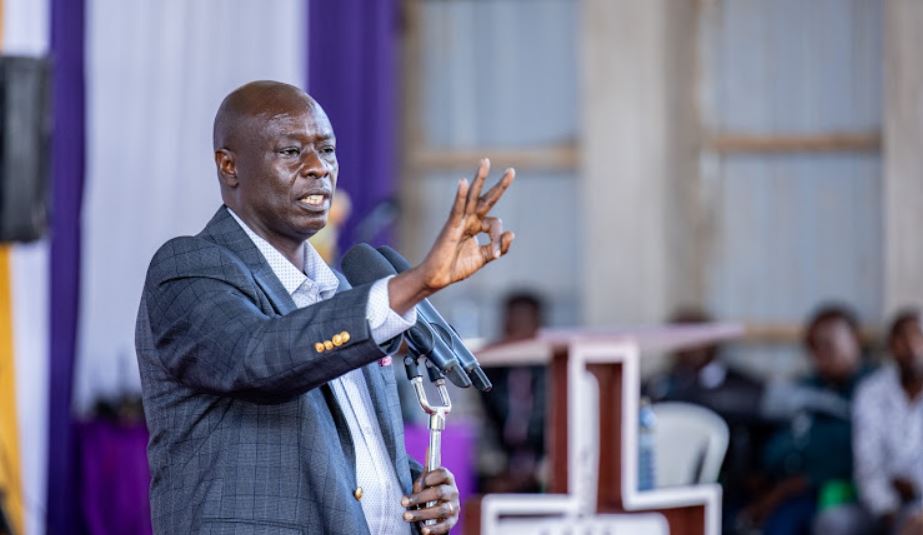
Without substantiating the claim, Gachagua alleged that he was offered two shillings for every kilogram of coffee sold in the country.
Speaking in Meru on Sunday, Gachagua said he and CS Linturi rebuffed the bribery attempts, affirming, “the job is challenging, but we will succeed.”
“I want to ask farmers to be patient, we are almost there,” he said.
“Wamekuja kwa huyu Linturi akawaambia watembee. Huyu CS hawezi uza wakulima wa Kenya. Wamekuja kwangu kujaribu kunihonga ati nikubali mabadiliko isimamishwe katika kilo wanipatie shilingi mbili nikawaambia watembee. Sasa wamefika mwisho,” Gachagua said.
Loosely translated: (They came to Linturi, and he told them to leave. This CS cannot sell out Kenyan farmers. They came to me to try and bribe me, asking me to halt the reforms and offering me two shillings per kilo. I told them to leave. Now, they have reached the end).
Gachagua mentioned that the cartels have been resisting reforms, but the progress achieved in the coffee sector shows promise.
“We have not given up as reported by some media. These fellows are difficult, but I want to assure farmers that we will not relent and we are asking them to be a little patient,” he said.
The Deputy President also alleged that certain government officials were hindering his efforts to dismantle cartels within the coffee sector.
“The cartels have compromised some officers in government but they will not succeed because President William Ruto and I will not be intimidated. We will deal with them,” Gachagua said.
Adding: “The coffee reforms started in 2019 but were frustrated and rules that were meant to straighten the sector were suspended for a year. We reinstated the rules, which are meant to ensure the farmer benefits, and that is what they are fighting. But I want to tell farmers that we will succeed in this fight.”
In May, Kenya achieved its highest coffee export volume in 14 years, driven by increased local production due to favorable weather conditions.
According to recent data from the Central Bank of Kenya (CBK), the country exported 6,447 tonnes, marking the most substantial quantity since May 2009, when exports reached 7,401 tonnes.
The coffee was sold for Ksh4.83 billion ($33.84 million), equivalent to Ksh750,543 ($5,257) per tonne.
Now, assuming Riggy G had accepted the alleged bribe of Ksh2 per kilo from the cartels, he would have pocketed approximately Ksh12,894,000 in May alone.








